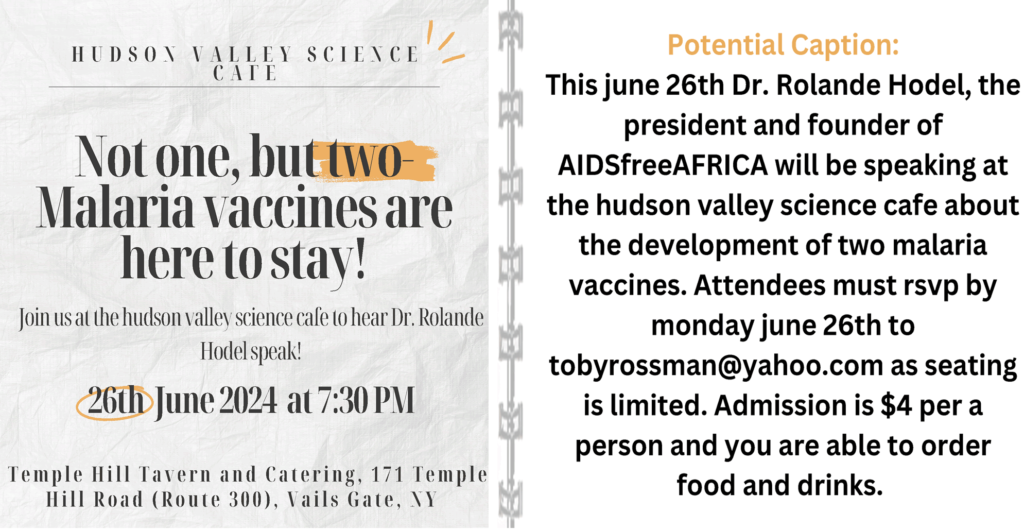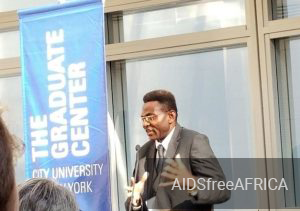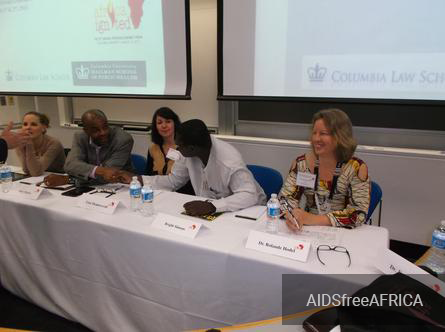

PAST EVENTS
A conversation with Dr. Rolande Hodel
Founder and President of AIDSfreeAFRICA
Join us for a special talk for students seeking careers in STEM, nonprofits, public service, international relations, and politics.
Tuesday, November 10, 4-5p.m. CT. Virtual Event
Dr. Hodel will share her experiences navigating various obstacles and situations including being a woman in a STEM field, an immigrant from Germany, and having a blue-collar family upbringing.
She will discuss AIDSfreeAFRICA, a nonprofit organization she founded after
seeing an opportunity to apply a career in pharmaceuticals into an international context. Learn about the barriers she encountered, how she gained support, and what she envisions as the future of the organization.
This presentation will carry powerful lessons abot creating goals, following your passions, and developing the legacy you want to leave upon the world.
AIDSfreeAFRICA is proud to have been featured at world renowned universities such as Harvard, Yale, and Columbia. Interested in having our organization represented at an upcoming event? Contact us today!
Special Seminar — “Chemistry in Cameroon: Quality Control of Pharmaceutical Drugs”
AIDSfreeAFRICA’s mission is to implement and advance pharmaceutical drug production in Sub-Saharan Africa. Although AIDSfreeAFRICA has been working in Cameroon since 2005, the organization has only recently decided to tackle the problems that arise because of the general lack of basic laboratory services in the African nation.
AIDSfreeAFRICA is often approached and asked to take samples of pharmaceutical drugs to the USA and test them for their composition and/or quality. The import of pharmaceuticals in Cameroon is largely unregulated. Much of the imported pharmaceutical drugs are brought into the country from Nigeria by salespeople who buy and sell pharmaceutical drugs with little regard for the origin of the pharmaceutical drugs. Additionally, the salespeople are not educated on how to transport or store pharmaceutical drugs properly. We suspect that the main problem with pharmaceutical drug quality in Cameroon is degradation due to heat and humidity rather than the counterfeit pharmaceutical drugs. However, without the ability to quality control pharmaceutical drugs on a large scale, it is hard to say.
In this talk Dr. Hodel will discuss the efforts underway to bring quality control to Cameroon.
Dr. Rolande Hodel, co-chair of the Westchester Chemical Society, was born in Germany, is a US citizen, and is a legal resident of Cameroon. She received an M.S. in Inorganic Chemistry from the University of Kansas; and a Ph.D. in Organic Chemistry from the City University of New York She has worked for companies such as BASF/Germany, Nanocrystals Technology/NY, Pharmaceutical Discovery Corporation/NY (today Mannkind/CT) and Emisphere Technologies/NY. She founded and is President of a non-profit, AIDSfreeAFRICA that manufactures pharmaceuticals in Cameroon. This talk is based on her more recent work in Cameroon. She is also an Adjunct Lecturer in Chemistry at the Westchester Community College. She is active in the American Chemical Society and its sections and has won various humanitarian awards. She is active in Rotary, Landmark Education, loves ballroom dancing, hikes, swims, skies and does yoga.
DR. EUGENE MANANGA RECEIVES 2018 DISTINCT SCIENTIST AWARD

Research Interest:
Professor Eugene Stephane Mananga research interests are in theory of Nuclear Physics, Condensed Matter Physics, Atomic and Molecular Physics, Solid-State Nuclear Magnetic Resonance, Medical Physics, Radiological Sciences and Nuclear Medicine. Currently, he is focused on advancing theory, simulation and methodology in Solid-State Nuclear Magnetic Resonance, Spin Dynamics, Quantum Physics, Imaging Science, Medical Physics and Nuclear Medicine.
COLUMBIA UNIVERSITY


